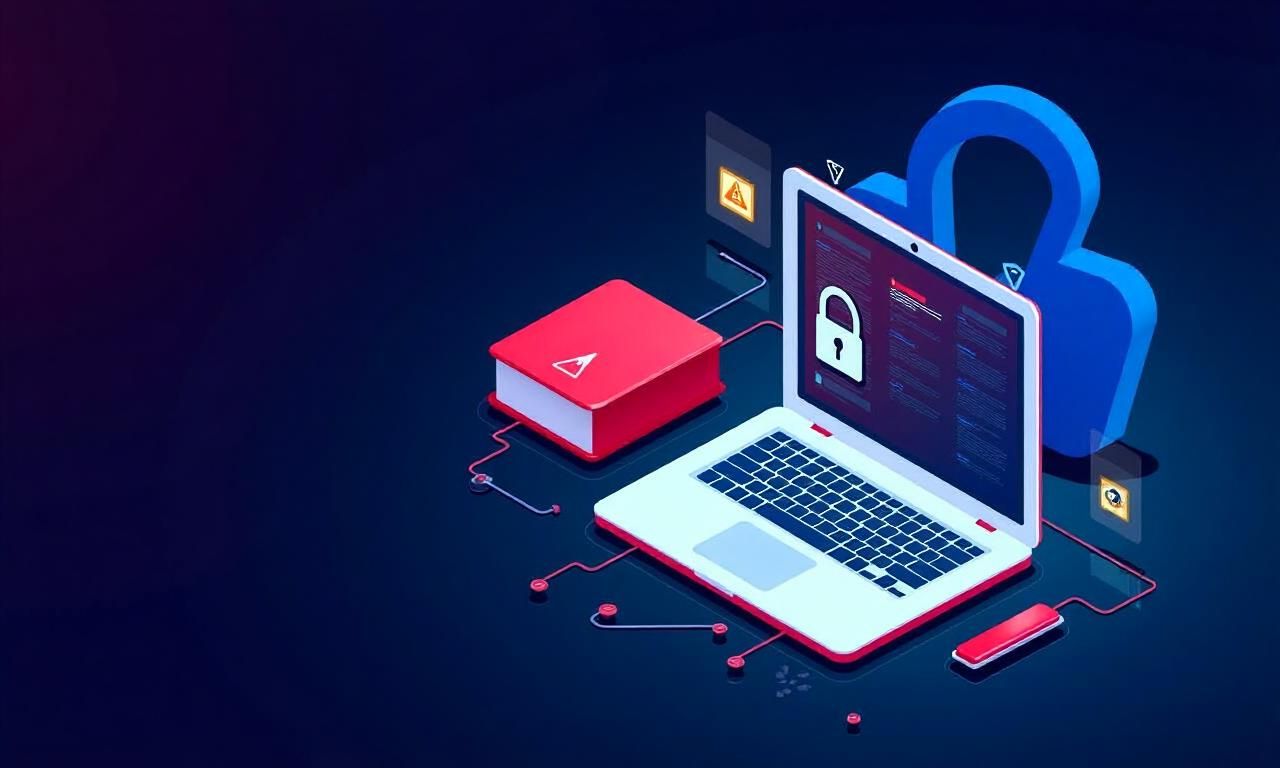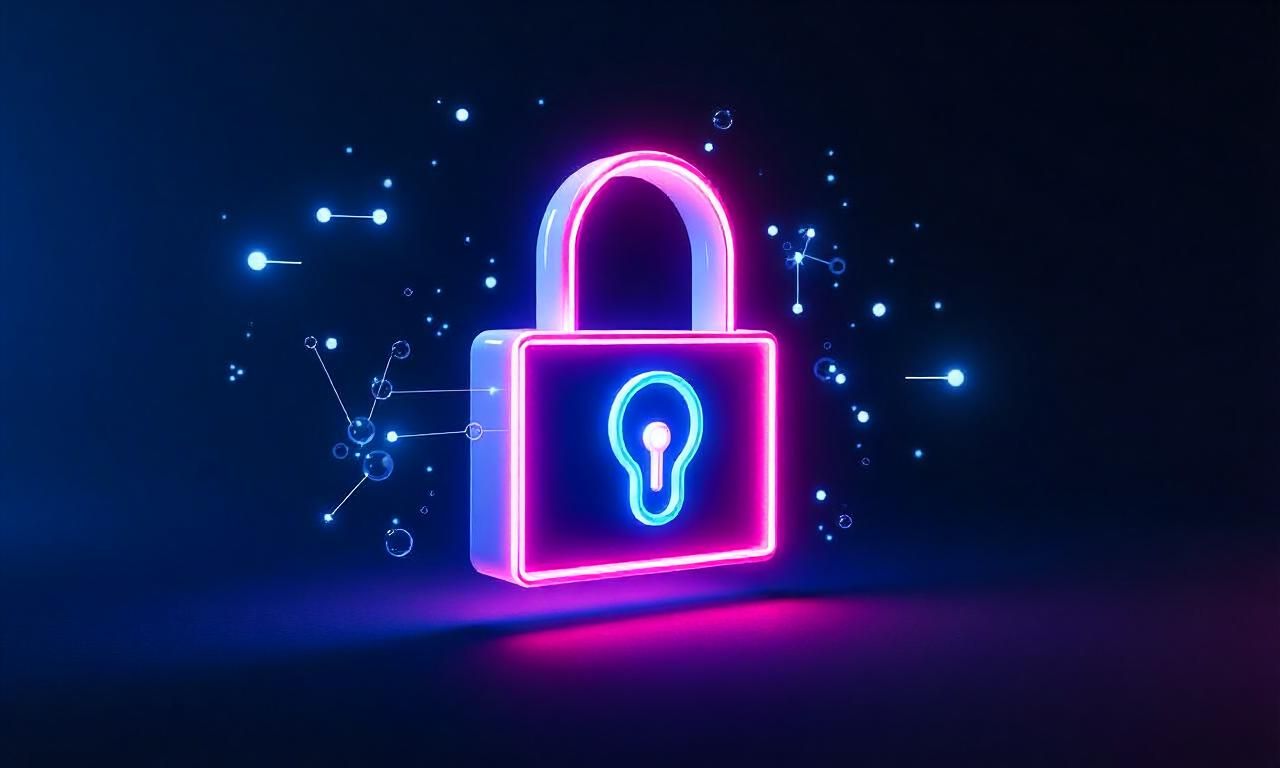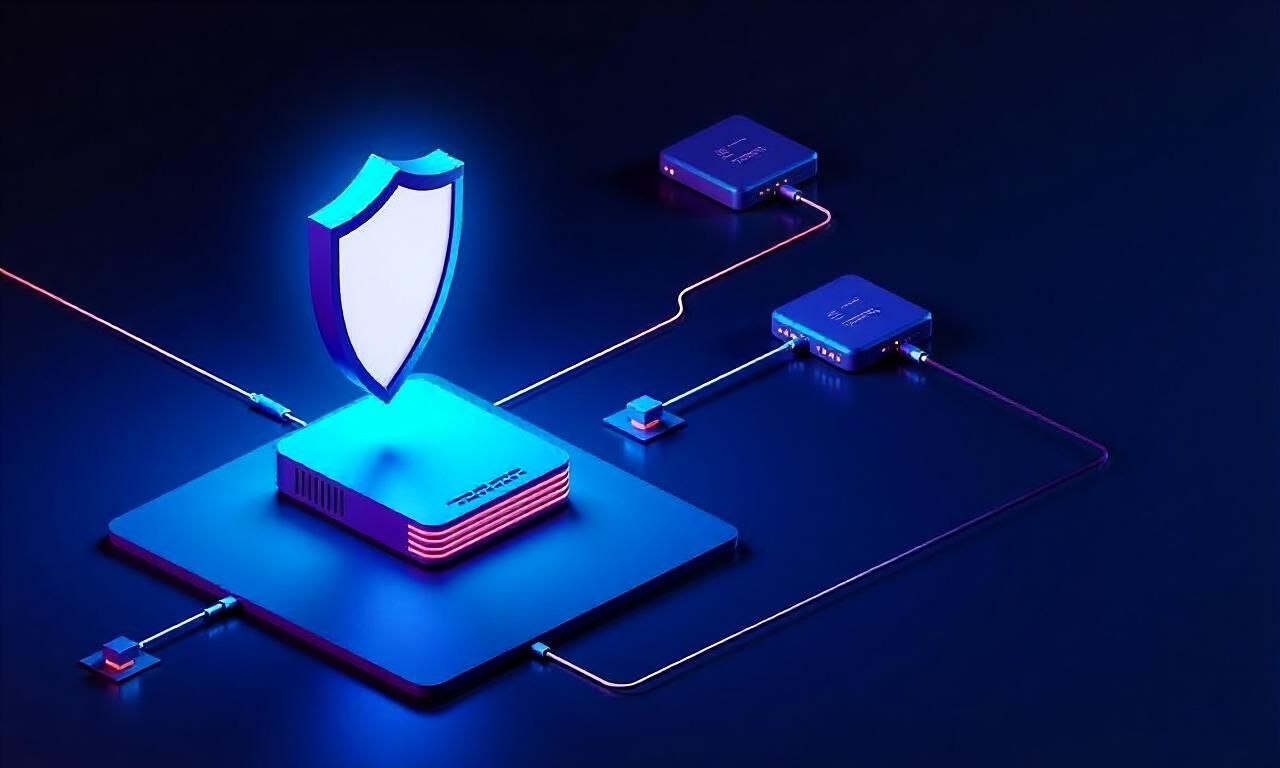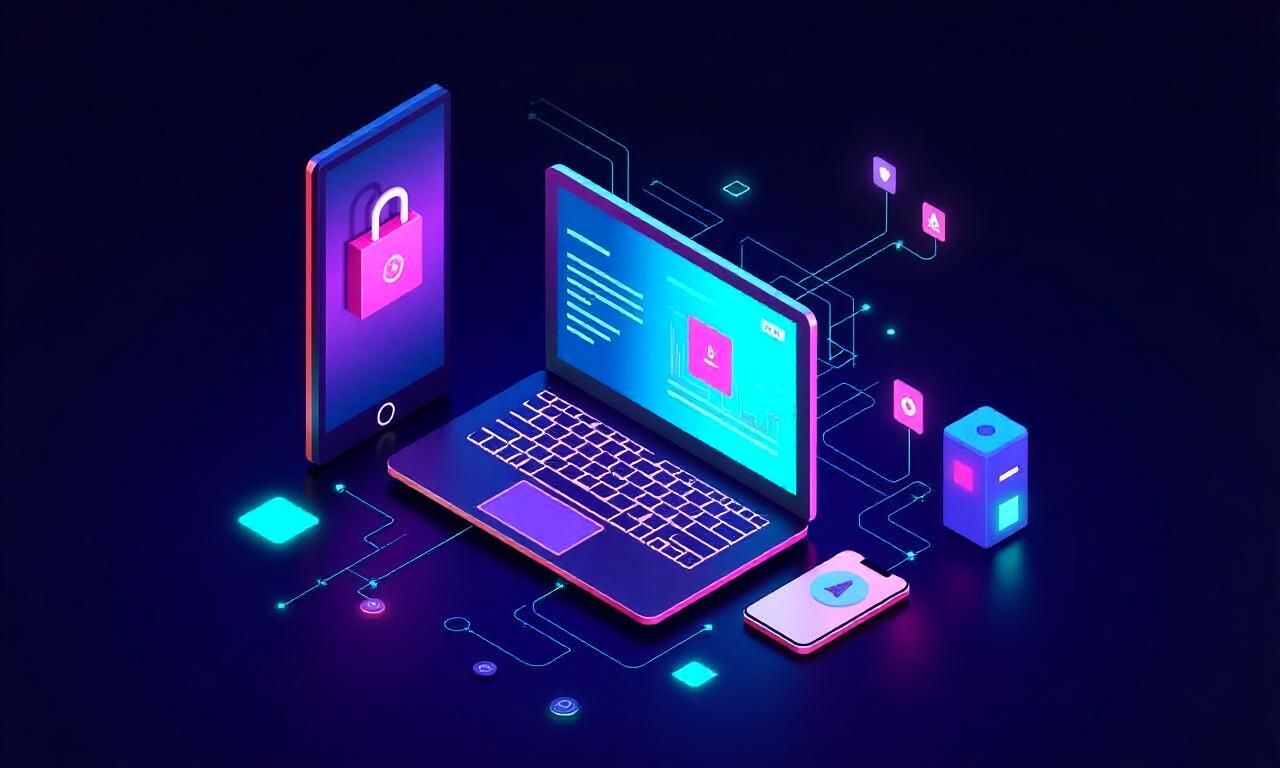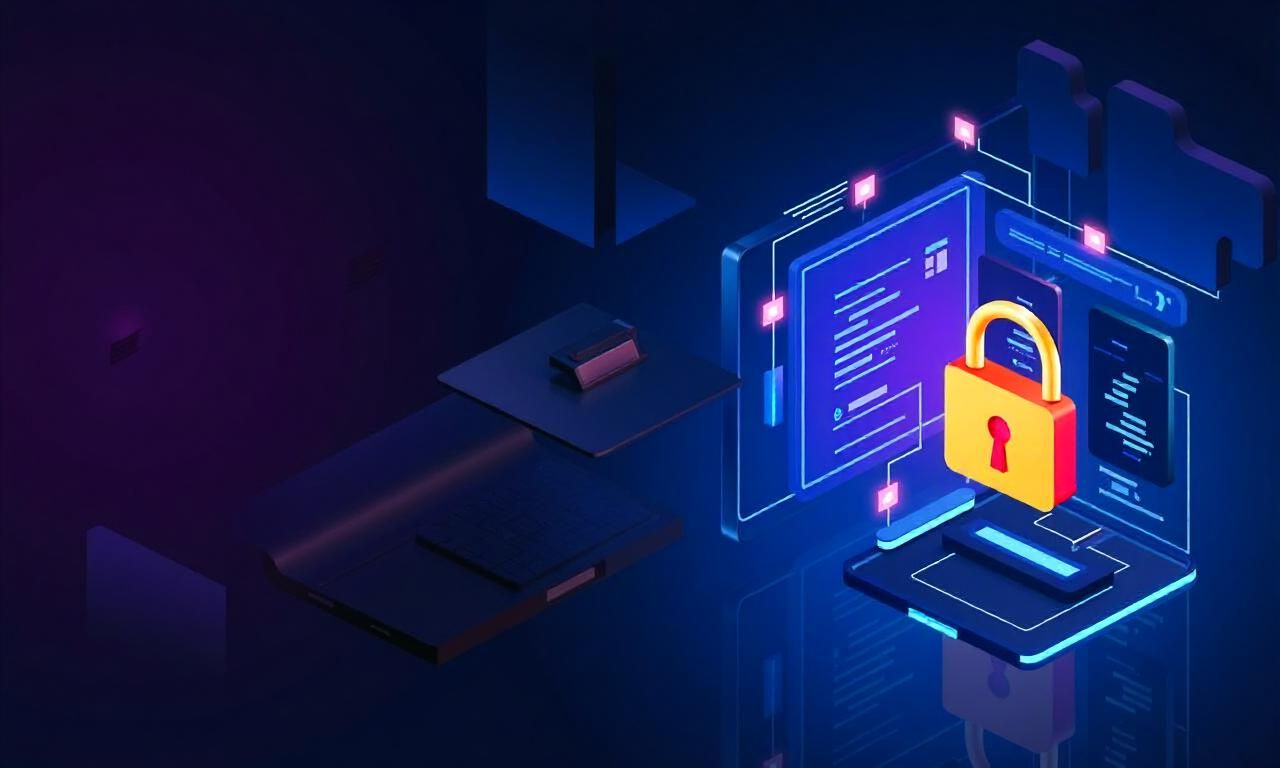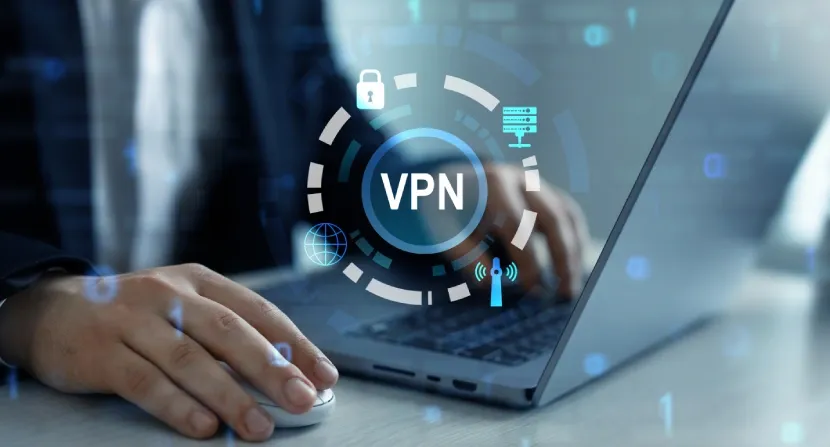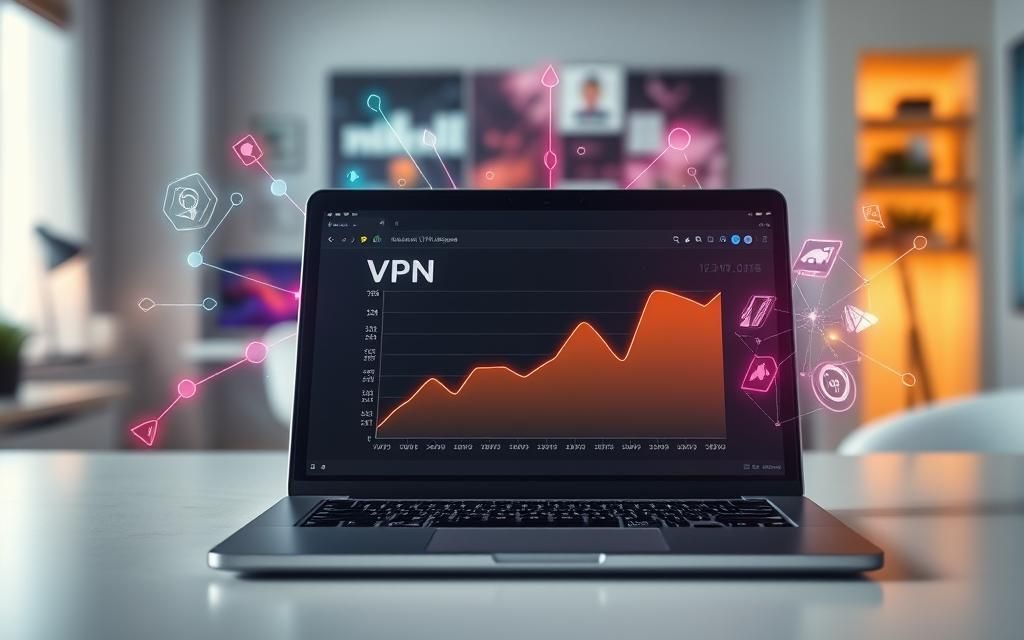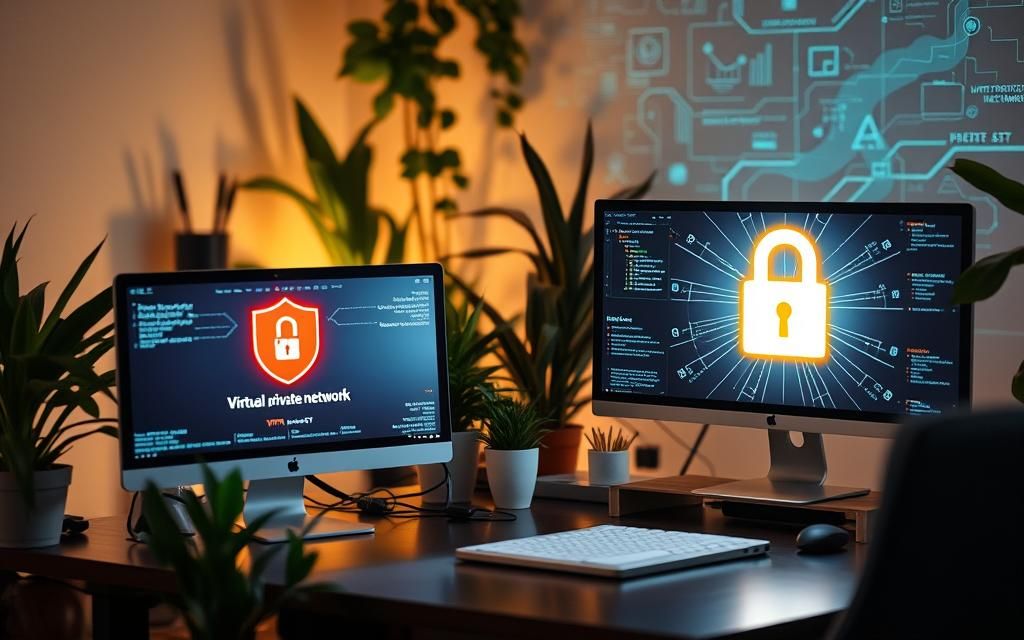Welcome to our insightful article on the topic of online privacy and VPN services. In today’s digital age, where our every move is tracked and our personal information is constantly at risk, it’s essential to explore measures that can help protect our online identities. One popular tool that often comes to mind is a Virtual Private Network, or VPN.
In this article, we will delve into the concept of VPNs and their impact on your online anonymity. We’ll address the question that many people ask: “Does a VPN make you anonymous?” By understanding the workings of VPN services and their potential to enhance your online privacy, you’ll be equipped to make more informed decisions about your digital security.
Throughout our exploration, we’ll discuss the various aspects of VPN services that contribute to online privacy, including encryption, IP masking, and other security measures employed by reputable VPN providers. We will also uncover the limitations and considerations of using a VPN for anonymity, exploring factors such as VPN logging policies, jurisdiction, and potential vulnerabilities.
Furthermore, we won’t stop at VPNs alone. We’ll also explore additional measures and practices that can be combined with VPN usage to achieve true anonymity online. From adjusting browser settings to utilizing encrypted messaging apps and other tools, we’ll provide you with a comprehensive guide on safeguarding your digital footprint.
So, let’s embark on this journey together and discover the truth behind the question, “Does a VPN make you anonymous?” By the end of this article, you’ll have all the information you need to navigate the realm of VPN services and online privacy. Stay tuned!
Table of Contents
ToggleUnderstanding VPNs and Anonymity

When it comes to protecting your online privacy and ensuring anonymity, Virtual Private Networks (VPNs) have emerged as a popular solution. But what exactly is a VPN and how does it work?
A VPN is a technology that creates a secure and encrypted connection between your device and the internet. It acts as a protective shield, concealing your online activities from prying eyes and potential cyber threats. By routing your internet traffic through an encrypted tunnel, a VPN provides an additional layer of security while preserving your anonymity.
But what does anonymity really mean in the context of VPNs? While VPNs can offer significant privacy benefits, it is important to understand their limitations. Although a VPN can hide your IP address and encrypt your data, it does not completely make you anonymous online.
When you use a VPN, your IP address is replaced with the IP address of the VPN server you connect to, making it more challenging for websites and online services to track your real location. Additionally, the encrypted tunnel created by the VPN ensures that your online activities are not easily visible to your internet service provider (ISP) or government agencies.
However, it’s important to note that VPNs cannot completely erase your digital footprints. While they provide a strong layer of protection, certain online activities can still be traced back to you, such as sharing personal information on social media platforms or logging into accounts that contain identifiable information.
The Limitations of VPN Anonymity
Although VPNs can enhance your online privacy, it is crucial to be aware of their limitations:
- VPN Service Provider Logs: Some VPN providers may keep logs of your online activities, which can compromise your anonymity if accessed by third parties.
- Data Leaks: In rare cases, VPNs may experience data leaks that can expose your real IP address or other sensitive information.
- Browser Fingerprinting: Certain online tracking techniques, such as browser fingerprinting, can still identify you even when using a VPN.
Understanding these limitations helps set realistic expectations for VPN usage. While VPNs are an essential tool for safeguarding your online privacy, it’s important to combine them with other practices and tools to achieve true anonymity.
| Factors | Importance |
|---|---|
| Encryption | High |
| Logging Policies | Medium |
| Server Locations | Medium |
| Connection Speed | High |
This table highlights some important factors to consider when choosing a VPN service. By evaluating these factors, you can make an informed decision and take another step towards ensuring your online privacy and anonymity.
The Role of VPN Services in Online Privacy
When it comes to ensuring your online privacy and protecting your personal information, VPN services play a vital role. These services employ various features and characteristics to enhance your digital anonymity and safeguard your sensitive data.
One of the key components of VPN services is encryption. By encrypting your internet traffic, VPNs create an additional layer of security, making it difficult for anyone to intercept or decipher your data. This encryption ensures that your online activities remain private and protected from potential threats.
In addition to encryption, VPN services also offer IP masking. Your IP address is like a digital fingerprint that can be used to track your online activities and identify your location. However, with a VPN, your IP address is replaced with the IP address of the VPN server you connect to, providing you with a new virtual identity and making it virtually impossible for anyone to trace your online presence back to you.
Furthermore, VPN services employ various other security measures to enhance your online privacy. These include features such as kill switch, which instantly disconnects your internet connection if the VPN connection drops, preventing any data leaks. VPN providers also often offer DNS leak protection, ensuring that your browsing remains completely anonymous by preventing your DNS requests from being exposed.
The role of VPN services in internet security and digital anonymity cannot be overstated. By encrypting your traffic, masking your IP address, and implementing robust security measures, VPN services act as a powerful tool in protecting your online presence and ensuring that your personal information remains confidential.
Limitations and Considerations
While VPN services offer a range of benefits for browsing anonymously and enhancing online privacy, it’s important to understand their limitations and consider various factors that can impact the level of anonymity provided. In this section, we’ll discuss some key considerations when using VPN services.
VPN Logging Policies
One important factor to consider is the logging policy of the VPN service you choose. Some VPN providers may keep logs of your online activities, potentially compromising your privacy. It’s crucial to opt for a VPN service that has a strict no-logs policy, ensuring that no record of your browsing activities is stored or accessible.
Jurisdiction
Another consideration is the jurisdiction in which the VPN service operates. Different countries have different privacy laws and regulations that can impact the level of privacy and anonymity offered by the VPN service. It’s advisable to choose a VPN provider based in a jurisdiction that prioritizes online privacy and has strong data protection laws.
Potential Vulnerabilities
While VPN services are designed to provide security and anonymity, they are not infallible. There have been instances where vulnerabilities in VPN protocols or software have been exploited by malicious actors. It’s essential to choose a reputable VPN service that regularly updates its software and employs robust security measures to minimize the risk of potential vulnerabilities.
In summary, when using VPN services for browsing anonymously and enhancing online privacy, it’s important to consider factors such as VPN logging policies, jurisdiction, and potential vulnerabilities. By making informed choices and selecting a reliable VPN service, you can maximize your online privacy while browsing the internet.
| Considerations | Description |
|---|---|
| VPN Logging Policies | Choose a VPN service with a strict no-logs policy to ensure that your browsing activities are not stored or accessible. |
| Jurisdiction | Select a VPN provider based in a jurisdiction with strong privacy laws to maximize your online privacy and anonymity. |
| Potential Vulnerabilities | Be aware of potential vulnerabilities in VPN protocols or software and choose a reputable VPN service that takes adequate measures to address and counter such vulnerabilities. |
Achieving True Anonymity Online
While using a VPN is an effective step towards safeguarding your online privacy and digital anonymity, there are additional measures and practices you can adopt to further enhance your anonymity. By combining these techniques with VPN usage, you can create a more comprehensive security strategy for protecting your digital footprint.
Browser Settings
One way to enhance your online privacy is by adjusting your browser settings. You can enable features such as the “Do Not Track” option, which signals to websites that you do not want your browsing behavior to be tracked. Additionally, regularly clearing your cookies, cache, and browsing history can help minimize the amount of personal data stored on your device.
Encrypted Messaging Apps
When communicating with others online, it’s essential to prioritize secure channels. Using encrypted messaging apps, such as Signal or Telegram, can help protect your conversations from prying eyes. These apps employ end-to-end encryption, ensuring that only intended recipients have access to your messages.
Other Tools for Anonymity
There are various other tools available that can further enhance your online anonymity. Privacy-focused search engines like DuckDuckGo prioritize user privacy by not tracking or storing search data. Virtual machines and operating systems designed for anonymity, such as Tails or Whonix, offer an additional layer of protection by compartmentalizing your online activities.
By incorporating these additional measures into your online privacy routine, you can strengthen your digital anonymity and browse the internet with greater confidence. Remember, while a VPN can play a significant role in protecting your online identity, combining it with other tools and practices can provide a more holistic approach to preserving your privacy online.
Note:
Table and H3 tags are not applicable in this section.
Conclusion
After exploring the concept of VPNs and their impact on online anonymity, it is clear that using a VPN alone does not guarantee complete anonymity. While VPN services play a crucial role in enhancing online privacy, they are just one piece of the puzzle.
To achieve true anonymity online, it is important to understand the limitations and considerations of VPN usage. Factors such as VPN logging policies and jurisdiction can affect the level of privacy provided by VPN services.
However, when used in conjunction with other measures, such as adjusting browser settings and utilizing encrypted messaging apps, VPNs can significantly contribute to maintaining online privacy and protecting your digital footprint.
In conclusion, while a VPN does provide an extra layer of security and can help protect your online activities, it is important to take a comprehensive approach to online privacy. Utilize VPN services alongside other tools and practices to achieve a higher level of anonymity and safeguard your online presence.
FAQ
Does using a VPN make you completely anonymous online?
While using a VPN can help enhance your online privacy and security, it does not make you completely anonymous. A VPN masks your IP address and encrypts your internet traffic, making it more difficult for others to track your online activities. However, other factors such as your online behavior, websites you visit, and personal information you share can still be used to identify you.
How does a VPN contribute to online anonymity?
A VPN contributes to online anonymity by encrypting your internet traffic and routing it through a remote server. This process masks your IP address, making it difficult for websites, advertisers, and hackers to track your online activities. Additionally, a VPN also prevents your internet service provider (ISP) from monitoring or logging your browsing behavior.
Can VPN services guarantee complete digital anonymity?
While VPN services are designed to enhance your online privacy, they cannot guarantee complete digital anonymity. The effectiveness of a VPN depends on factors such as the reliability of the VPN service provider, their logging policies, and the jurisdiction in which they operate. It is important to choose a trustworthy VPN service and understand their privacy practices.
Can I browse the internet anonymously with a VPN?
Utilizing a VPN can significantly enhance your ability to browse the internet anonymously. By masking your IP address and implementing encryption, a VPN helps protect your online identity. However, it’s essential to remember that your anonymity also depends on factors such as the websites you visit, the information you share, and any additional security measures you employ.
What are some considerations when using a VPN for anonymity?
When using a VPN for anonymity, it’s crucial to consider certain factors. These include the VPN provider’s logging policies, the jurisdiction they operate in, and the potential vulnerabilities associated with VPN protocols. It’s also essential to use a VPN in combination with other security measures, such as antivirus software and secure browsing practices, to maximize your online privacy.
Are there any additional measures I can take to achieve true anonymity online?
While a VPN can significantly contribute to your online anonymity, there are additional measures you can take. These include adjusting browser settings to enhance privacy, using encrypted messaging apps for secure communication, and regularly updating your device’s software. It’s important to adopt a holistic approach to online privacy by combining VPN usage with other precautionary measures.


